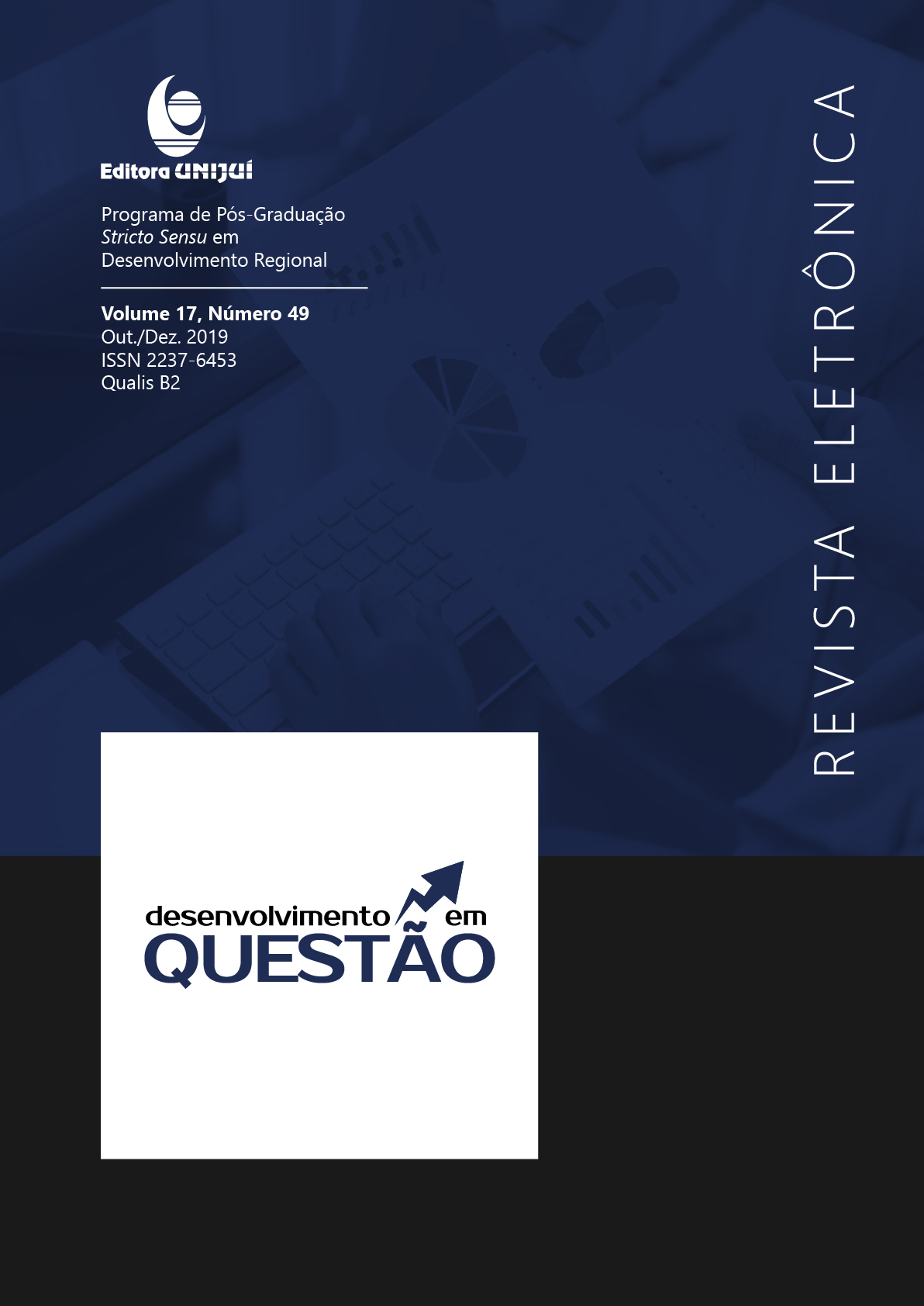VALUE FACILITATION, VALUE IN USE AND CUSTOMER SATISFACTION AS DETERMINANTS OF THE REPURCHASE INTENTION IN THE CONTEXT A HIGHER EDUCATION INSTITUTION
DOI:
https://doi.org/10.21527/2237-6453.2019.49.367-385Keywords:
Value Facilitation. Value in Use. Customer Satisfaction. Repurchase Intention. Educational Services.Abstract
The goal of this research was to develop, testand validate a Theoretical Model that contemplated the constructs that are determinant for the Repurchase Intent. The study was developed in the context of a Higher Education Institution (HEI) located in Serra Gaúcha, Rio Grande do Sul, Brazil. A quantitative study was applied through a survey in which 316 students participated. Data analysis was performed using the Structural Equation Modeling technique. The results showed that the Value Facilitation positively influences the Value in Use and Customer Satisfaction, and that the Value in Use positively influences the Customer Satisfaction, as well as the Repurchase Intention. In addition, one can definitely say Customer Satisfaction positively influences the Repurchase Intent. Moreover, the effect of the student's course time moderation in the relationship between the Value in Use and the Repurchase Intent was evidenced, contributing to the existing literature in na educational context.
Downloads
Published
How to Cite
Issue
Section
License
By publishing in Revista Desenvolvimento em Questão, authors agree to the following terms:
All works are published under the Creative Commons Attribution 4.0 International License (CC BY 4.0), which allows:
Sharing — to copy and redistribute the material in any medium or format;
Adaptation — to remix, transform, and build upon the material for any purpose, even commercially.
These permissions are irrevocable, provided that the following terms are respected:
Attribution — authors must be properly credited, a link to the license must be provided, and any changes made must be indicated.
No additional restrictions — no legal or technological measures may be applied that legally restrict others from doing anything the license permits.
Notices:
The license does not apply to elements that are in the public domain or covered by legal exceptions.
The license does not grant all necessary rights for specific uses (e.g., image rights, privacy, or moral rights).
The journal is not responsible for the opinions expressed in the articles, which are the sole responsibility of the authors. The Editor, with the support of the Editorial Board, reserves the right to suggest or request modifications when necessary.
Only original scientific articles presenting research results of interest that have not been previously published or simultaneously submitted to another journal with the same purpose will be accepted.
Mentions of trademarks or specific products are intended solely for identification purposes and do not imply any promotional relationship by the authors or the journal.
License Agreement (for articles published from 2025 onward): Authors retain the copyright to their article and grant Revista Desenvolvimento em Questão the right of first publication.











